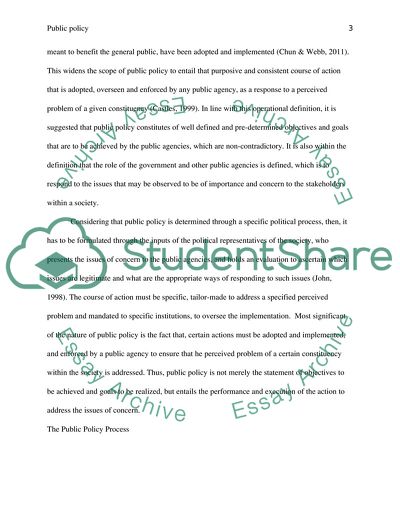Cite this document
(Implementing of Public Policy Research Paper Example | Topics and Well Written Essays - 2000 words, n.d.)
Implementing of Public Policy Research Paper Example | Topics and Well Written Essays - 2000 words. Retrieved from https://studentshare.org/politics/1798312-puplic-policy
Implementing of Public Policy Research Paper Example | Topics and Well Written Essays - 2000 words. Retrieved from https://studentshare.org/politics/1798312-puplic-policy
(Implementing of Public Policy Research Paper Example | Topics and Well Written Essays - 2000 Words)
Implementing of Public Policy Research Paper Example | Topics and Well Written Essays - 2000 Words. https://studentshare.org/politics/1798312-puplic-policy.
Implementing of Public Policy Research Paper Example | Topics and Well Written Essays - 2000 Words. https://studentshare.org/politics/1798312-puplic-policy.
“Implementing of Public Policy Research Paper Example | Topics and Well Written Essays - 2000 Words”, n.d. https://studentshare.org/politics/1798312-puplic-policy.


